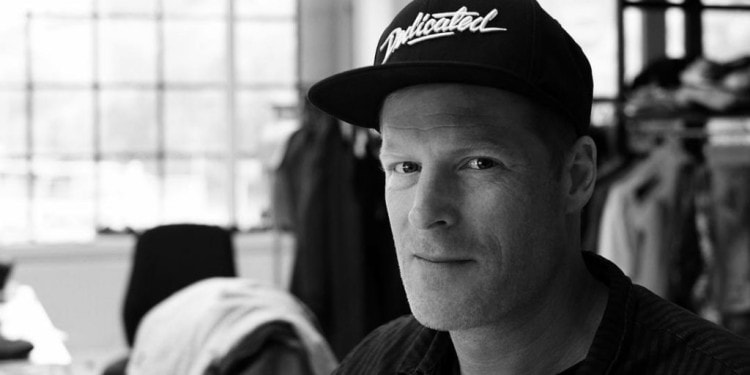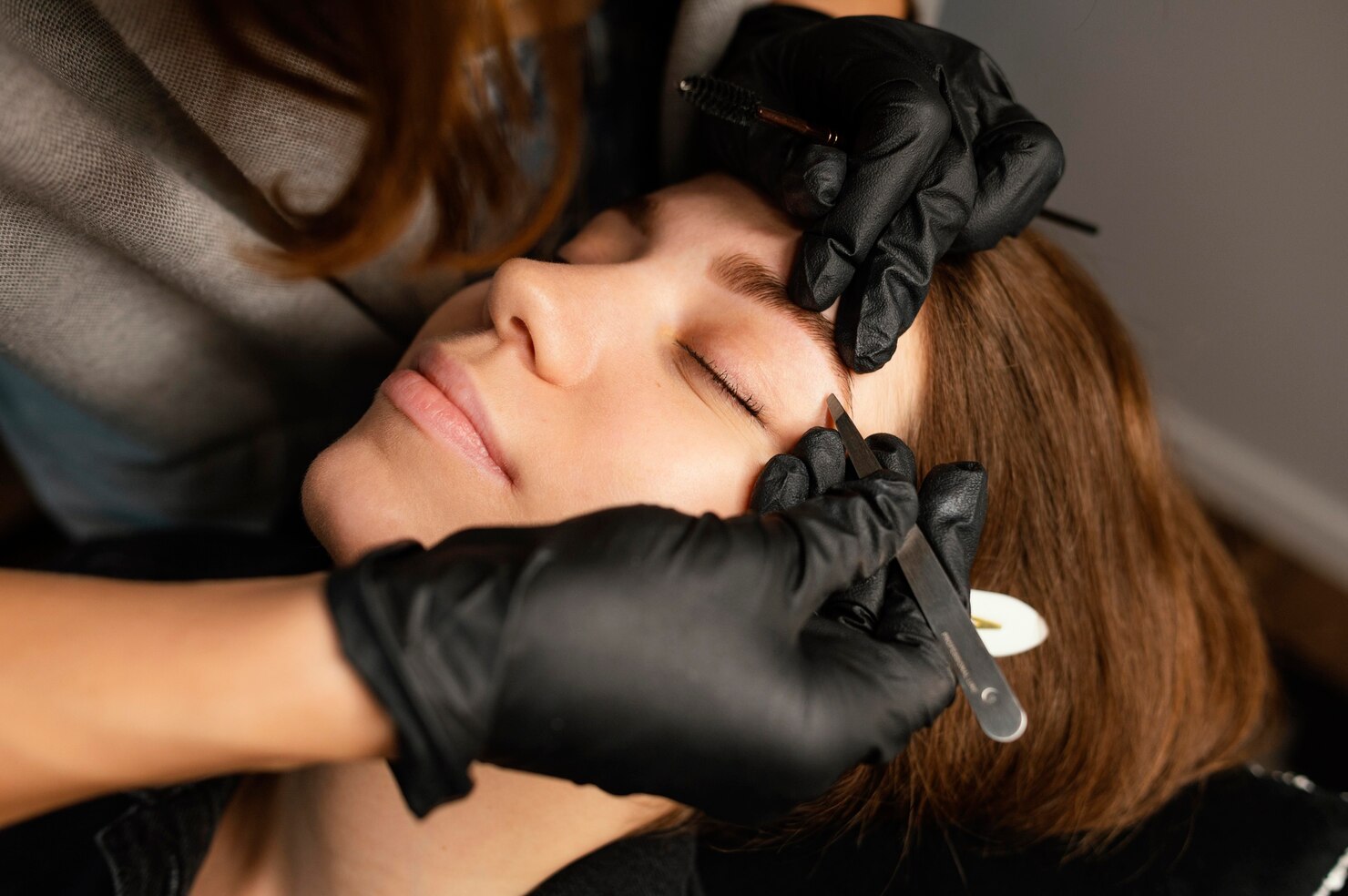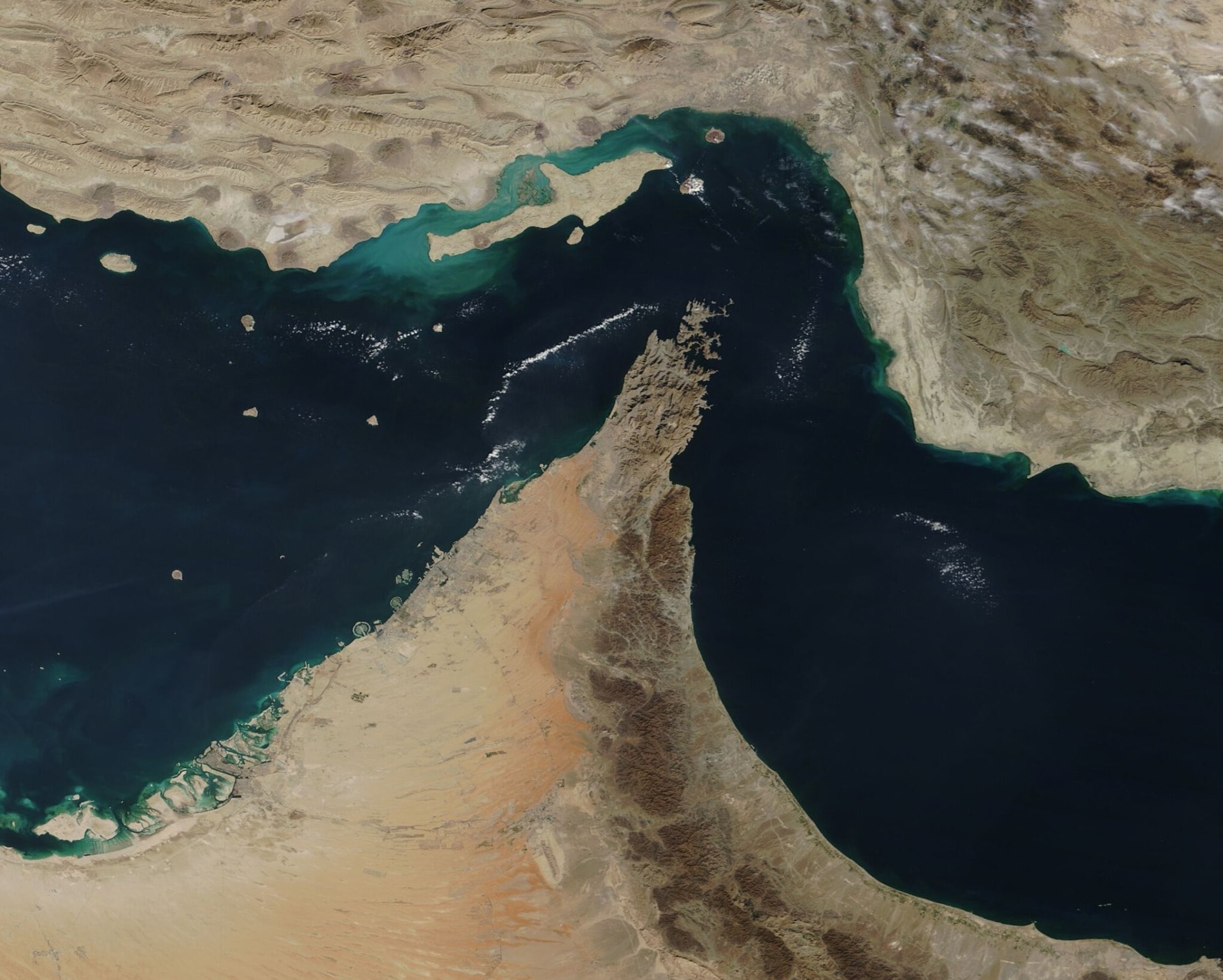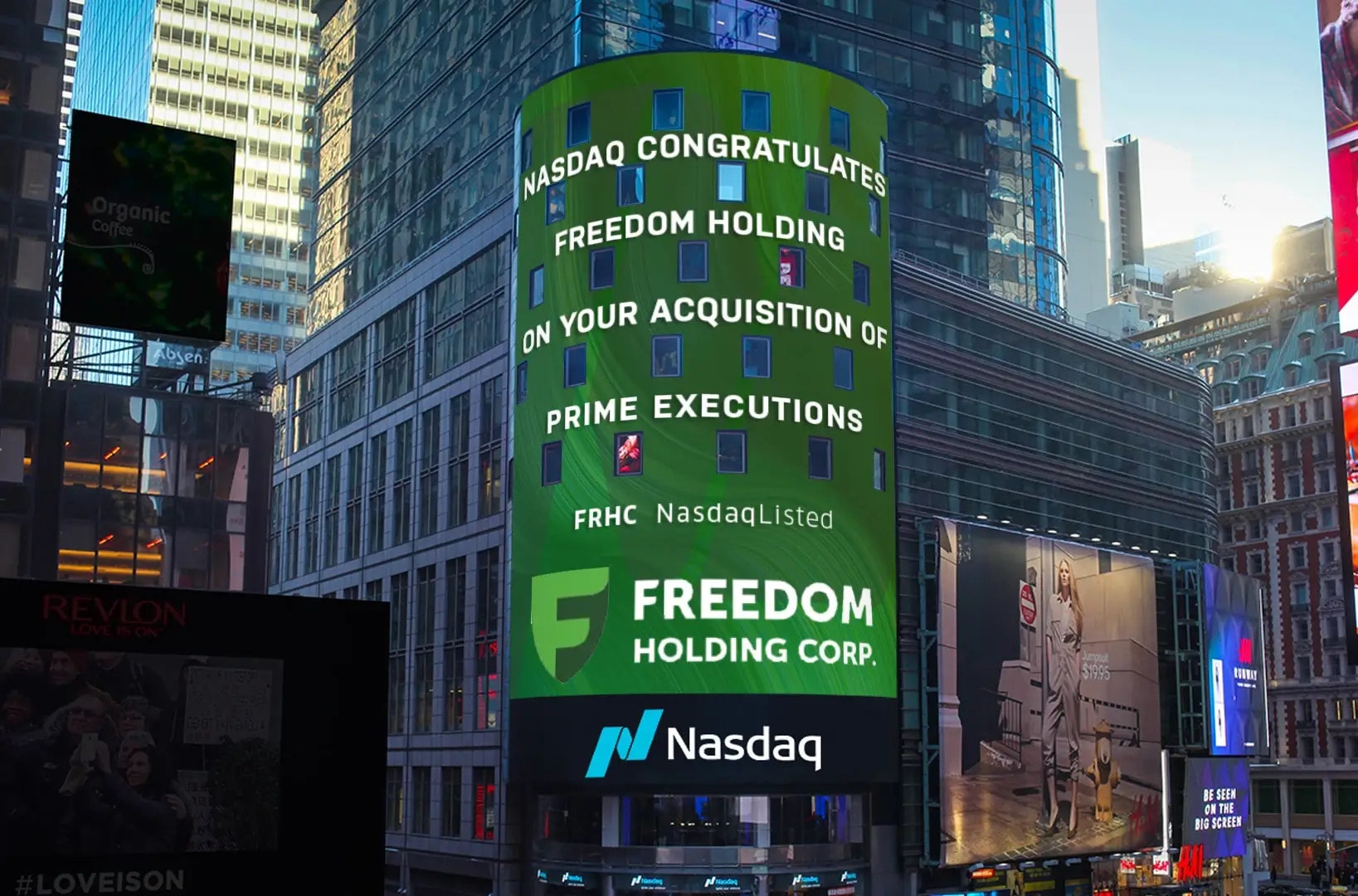While many analysts have noted the rising consumer sentiment in favor of sustainable goods, what often isn’t reported is that the pace of this change in preferences has not been uniform across the world. Different regions of the globe have shown varying degrees of interest in sustainable goods, with Nielsen reports suggesting that interest from consumers in Asia, Latin America, Africa, and the Middle East currently dwarfs that of their European and North American counterparts.
With that in mind, I recently had the chance to chat with Johan Graffner – founder and CEO of Dedicated – a sustainable apparel company based in Sweden with customers from across the world. In addition to using Fairtrade cotton for their garments, Dedicated also partners with illustrators, photographers, and artists to design clothes that bring a unique and artistic style to each article of clothing sold. I spoke with Johan about his business, the similarities and differences of sustainable shoppers globally, and Dedicated’s inclusive message.
Q: What originally inspired you to get into the apparel business that Dedicated operates in?
JG: Well it wasn’t planned. Back in 1996 I moved to London to study for four years. The pound was super high and everything was quite expensive, and I didn’t have any income. But, I always worked in entrepreneurship. I used to have a skateboard import business when I was a kid, so I’ve always been into that and looking for other possible business opportunities. It happened to be a fashion product that I started with, and that was quite successful.
So as a result, I built up a bit of a network with the fashion store buyers, learned a bit about the industry, and started to exhibit at the Copenhagen Fashion Week and some other places too. I built from there and because my first venture was successful I just stuck with it.

In the Photo: Dedicated store front. Photo Credit: Dedicated.
Q: You said you had a first venture in the apparel business. What are some of the differences between that one and your current one, Dedicated?
JG: Basically, when I started I had a lucky shot by importing and distributing a fashion accessory called “Ball Chain”, which was huge during the 90’s grunge era. People would use this special metal link as a necklace or wallet chain, and it was spread by lots of big artists wearing them in music videos that were being aired on MTV, etc. But it was not available anywhere in Europe. It was in the US, I got a hold of a supplier and started selling it in fashion stores. The sell-through was phenomenal, so it became a proper business. But, that was a simple accessory and we didn’t have to deal with the production.
Now you only see us in the fashion industry. I saw a lot of problems that are acquainted with clothing production, both environmental problems and social problems. If you go to production hubs in Asia you can see it very clearly. A lot of water is required for textile production, and that means you need access to a river, and as a result after a few years that river is just dead, a toxic liquid, and it’s heartbreaking to see.
I did a few different street fashion brands and street wear brands, but in 2006 when we started this venture we felt it had to be as sustainable as possible. It had to be certified and well thought through and really looking at how we can continue with a positive alternative to what’s already out there.
There are sustainable brands, but generally they’re for babies, kids, women, and the outdoors. Young men have nothing. So that’s a big problem. That’s changing now, mostly due to the good documentaries that have come out like The True Cost and RiverBlue.
Also, brands are communicating better and people are starting to realize that the fast fashion model is not at all sustainable. So that’s been part of building this new awareness.
You can see organic food is increasing, but on the fashion side it takes a bit longer. It has started with what you put inside the body, the next step is what you put on the body.
Related article: “BLUE MOVEMENT: AN INTERVIEW WITH BRIAN LINTON” by Mohammad Akef.
Q: Your first venture had a message that you were trying to provide, that grunge-era style. What would you say is the message that you want Dedicated to convey?
JG: I think traditional fashion companies usually start with a designer who wants to get his ideas across, and that can be limiting because it’s one guys point of view which becomes quite repetitive from season to season.
With this set up we choose maybe ten collaborative partners for every season and we make two main collections per year, Spring/Summer and Autumn/Winter. Each illustrator/collaborative partner has their flavor and style and audience, and they own that style so we can apply it to Dedicated and keep it inclusive.
People dig Dedicated because it’s part of a spectrum. We can be inclusive and retain relevance because we show different spectra. We’re not a surf brand but it’s a small part of our DNA. We’re not a skate park brand but it’s part of our background and DNA and so on.
In the beginning we just had the vision that we had to sustainably produce, but we didn’t know anything about certifications. We quickly learned that for organic cotton you have to work with GOTS certification because they do complete life cycle assessments. It’s got to be controlled, so that there is actual substance behind any claims of sustainable sourcing.
As for the social part, people are underpaid, forced into overtime, and there are tons of other problems in this industry. We chose to work with Fairtrade where wages are guaranteed and money is accumulated that can be spent on communities. And they themselves can choose “we want a new well” or “we need to build a school building” and so on. It’s up to them to decide how to allocate that money. They take a lot of pride in it because they basically earned it.
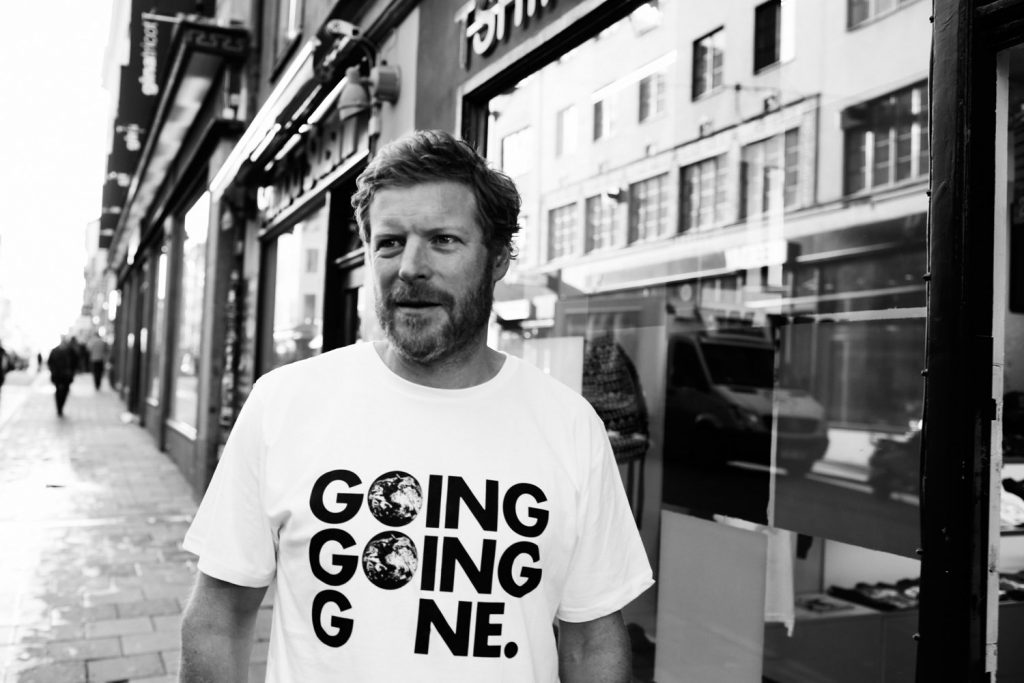
In the Photo: Hans Gedda (Dedicated Collaborator). Photo Credit: Dedicated.
Q: In an age when a lot of apparel companies are trying to keep costs low, how do you balance both profitability and ethical business practices?
JG: There is a bit of a compromise there because we could produce much cheaper. Luckily, consumer awareness is growing and taste levels are shifting, and it’s not really high class to buy fast fashion anymore. But it is high class to buy something sustainably produced. So it’s a shift in awareness. If we can manage to communicate this then we can also charge the right price.
We have a challenge because our target market is young men and women, maybe 20 to 35 years old, or at least that’s their mental age. There’s so much they want to do with their disposable income.
People spend way more money on experiences now, like restaurants. Therefore, we cannot charge super high premium prices, but we can still charge at a level where we have a decent margin and so on.
Some markets are very mature, I think in my experience the most mature markets are Switzerland, Germany, Austria, Benelux, maybe Scandinavia, but in other markets the awareness is not so big yet, so we don’t have the same unique selling point or opportunity.
Hopefully that will come too. It’s wonderful to see in those markets I mentioned that consumers are driving the evolution and demand is creating these brands. It’s not just some visionary people who create the brand and hope to sell and no one is listening.
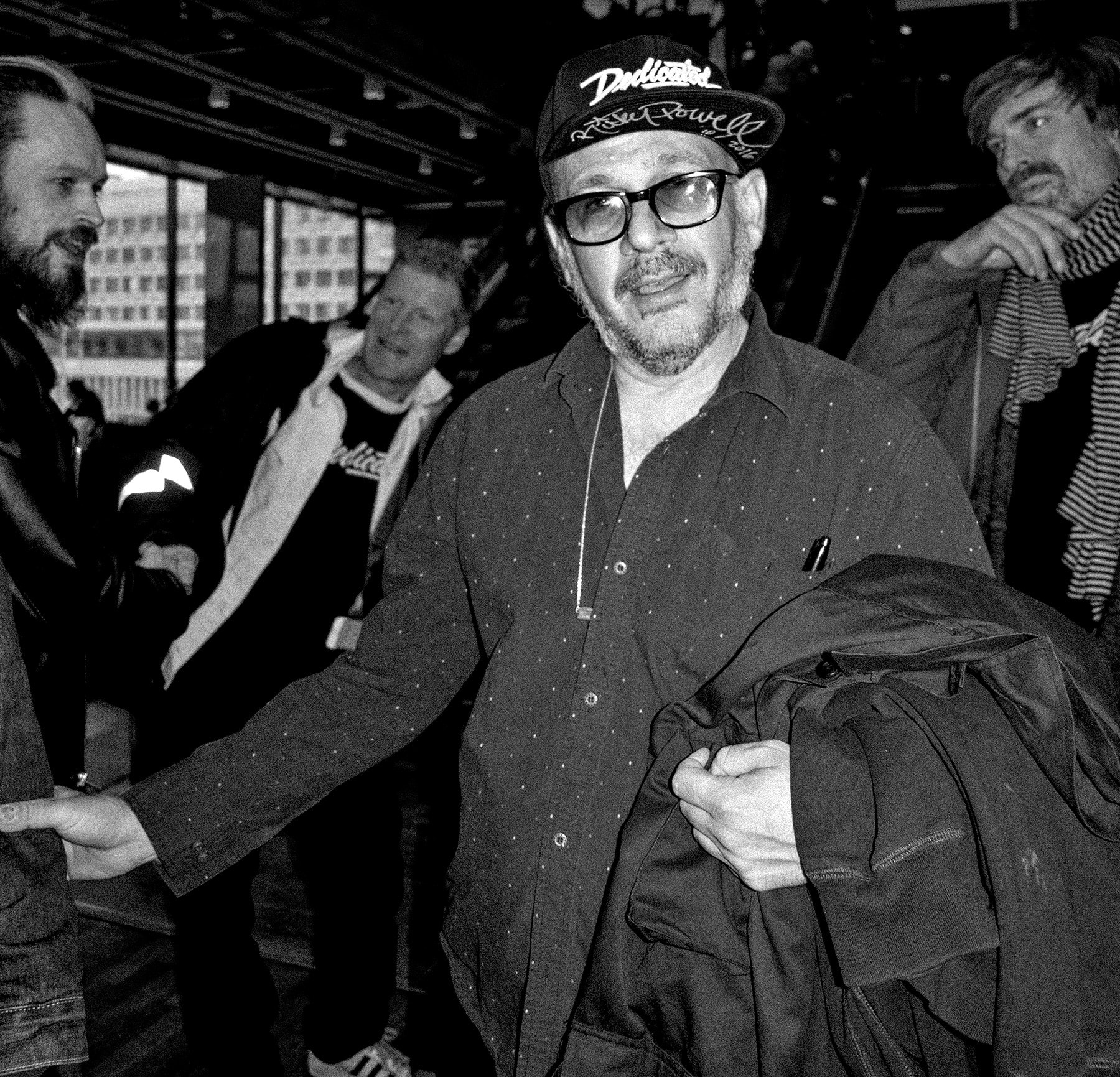
In the Photo: Ricky Powell (Dedicated Collaborator). Photo Credit: Dedicated.
Q: What kind of differences have you seen between your customers in the US versus those in Europe?
JG: Well I don’t think it’s that different, but the US market is maybe more price focused. When we tried to produce certified organic t-shirts in the US we could do it but we couldn’t really find much available, and we had to produce in Mexico or Peru where volumes were huge.
If you look per capita at the people who are requesting sustainably produced goods, I think the percentage is way higher in Europe compared to the US. Some states like California could definitely be on the forefront, but it varies a lot within the US, that’s my observation.
Q: What does the future of Dedicated look like in your eyes?
JG: We’ve been fortunate to experience very rapid growth because we’ve been around a few years, but it’s only been in the past five years that we’ve sold clothes under the label Dedicated.
Now we’re in a position where we can start working with bigger partners for distribution and that allows us to get a bigger reach and get the message across.
If we can be some sort of positive force in our society then we find it very worthwhile, because this kind of business is driven by compassion, and we find something worthwhile to put our passion into.
EDITOR’S NOTE: The opinions expressed here by Impakter.com columnists are their own, not those of Impakter.com.


